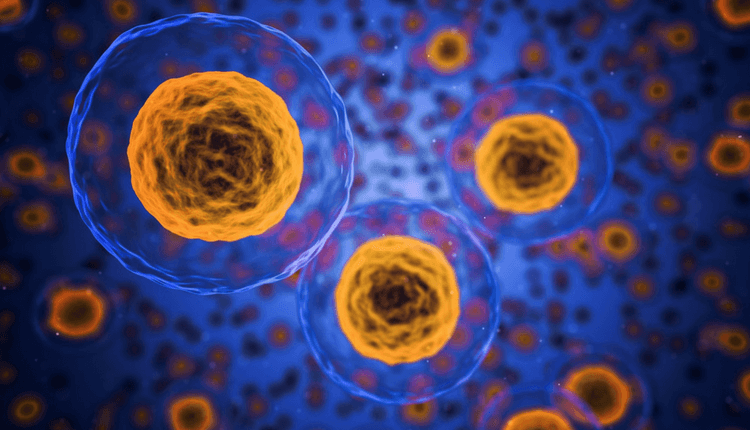Mole Helps Detect Cancer

We all know about cancer taking away several lives every year. Besides having no vaccine for prevention, another reason to fear cancer is the diagnosis. Medical science fails to diagnose the disease at its early stages. However, recently, researchers have managed to “synthesize” a mole that can diagnose cancer. They have synthesized an artificial gene network that can integrate into human body cells. When the calcium level in the blood crosses a threshold value, these artificial genes get activated and trigger a signal cascade. This signal cascade, in turn, increases the production of melanin pigment in the genetically modified cells. As a result, the skin develops a mole-like structure that clearly indicates there is something wrong within the body. The high level of calcium is an indicator of the four most common types of cancer—prostate, lung, colon, and breast cancer. This is considered as one of the major breakthrough discoveries in the field of medicine as it will ease cancer diagnosis and therefore reduce the associated mortality.
To know more, click here now!









